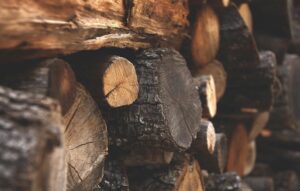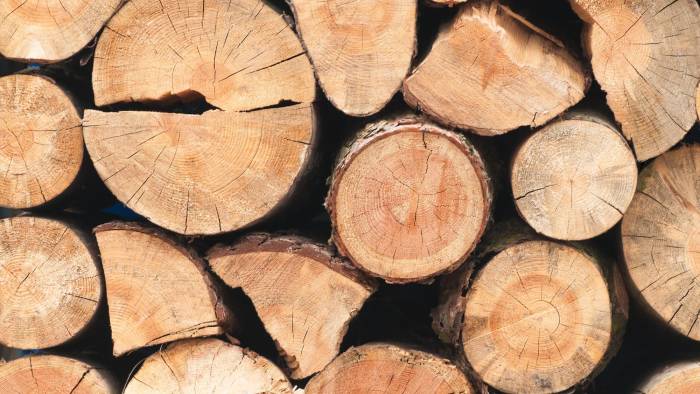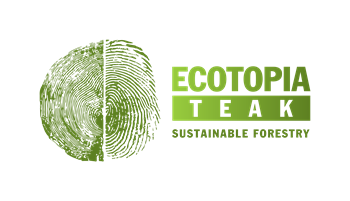
Panamanian timber exports continue to decline, according to APEX

Most of the wood produced in Panama is tuca, of which 15 % is of medium quality, 5 % of high quality and 80 % of low quality, in an increasingly demanding market.
Panamanian timber exports to Europe are low, mainly due to the recession in Germany, reveals the Panamanian Exporters Association’s (Apex) Report on the Panamanian Teak Export Outlook and Strategic Roadmap Proposal for Certified Commercial Reforestation.
The document also raises an imbalance between the oversupply of low quality teak and the growing demand for premium teak, so it urges strategies to diversify markets and products along with management changes in the farms that are classified as premium producers.
Two weeks ago, the Panamanian teak industry sent the first container to the United States and received the first sale to Italy, which will be shipped at the end of January.
In the last 10 years, for example, the price (of wood) of low quality fell, on the contrary, the high quality rose. The difference in price was three times between low and high quality teak, and it is expected that soon the difference will be 20 times per meter between low and high quality.
According to the report, India purchases 50,000 containers of teak and 12,000 containers of processed teak annually, but has not been able to absorb the excess supply generated by Latin America.
According to APEX, in 2024 Panama exported 6,500 containers of tucas, representing 9% of the Indian market, which is the largest in the world. It also increased shipments to Vietnam, but exports are still down.
APEX figures indicate that 95% of Panama’s worked wood production is mainly purchased by India, but, the demands of that market have increased, since a minimum of 12 years and 50 centimeters in circumference is required, which leaves a surplus of inventory on the ground.
“Eighty percent of Panama’s production -for the Indian market- is low quality tucas,” Apex acknowledged. For its part, the wood used to manufacture outdoor furniture, maintains stable prices, but with a decrease in recent demand in Europe and the United States, due to changes in post-pandemic consumption. Fifteen percent of Panama’s wood is medium quality tuca.
The report also stressed that there is a high demand for wood from native forests, for use in yacht flooring, luxury furniture, windows; however, it is prohibited to import this raw material to the European Union and the United States. Although Panama has the ideal conditions to produce wood of this quality, APEX indicated that a focus on premium production and FSC certification is required to access very demanding markets in terms of quality. In Panama, 5% of toucan production is of high quality.
To diversify the market and products, APEX believes it is important to promote exports to certified markets focused on Europe and the United States and to boost local production to meet domestic demand, replacing imported products with competitive, quality alternatives.
In terms of promotion, the association recommended including teak in the exportable offer promoted by the Ministry of Commerce and Industries (MICI).
It also recommended publishing updated studies on exports and deforestation on the platforms of the MICI and the Ministry of Environment.
Likewise, to define the participation of the diplomatic corps in international fairs and events. In addition, to align efforts between the public and private sectors to establish a strategic plan to position teak as a premium product.
In the opinion of Bianca Morán, president of APEX, the Panamanian forestry sector has a very high potential, and there is a good opportunity for the country’s forestry sector to become an important player in the international market.

About us
Ecotopia Teak, S.A., we are a family-owned company dedicated to reforestation, harvesting, and exporting wood from commercial plantations. We work under high production standards and with social responsibility to obtain high-quality wood according to the needs and demands of national and international markets. Additionally, we actively contribute to the local economy by creating employment opportunities in the communities where we operate. Our commitment is to lead the industry in sustainable reforestation and wood production, preserving our natural resources and building a greener and more sustainable future.


